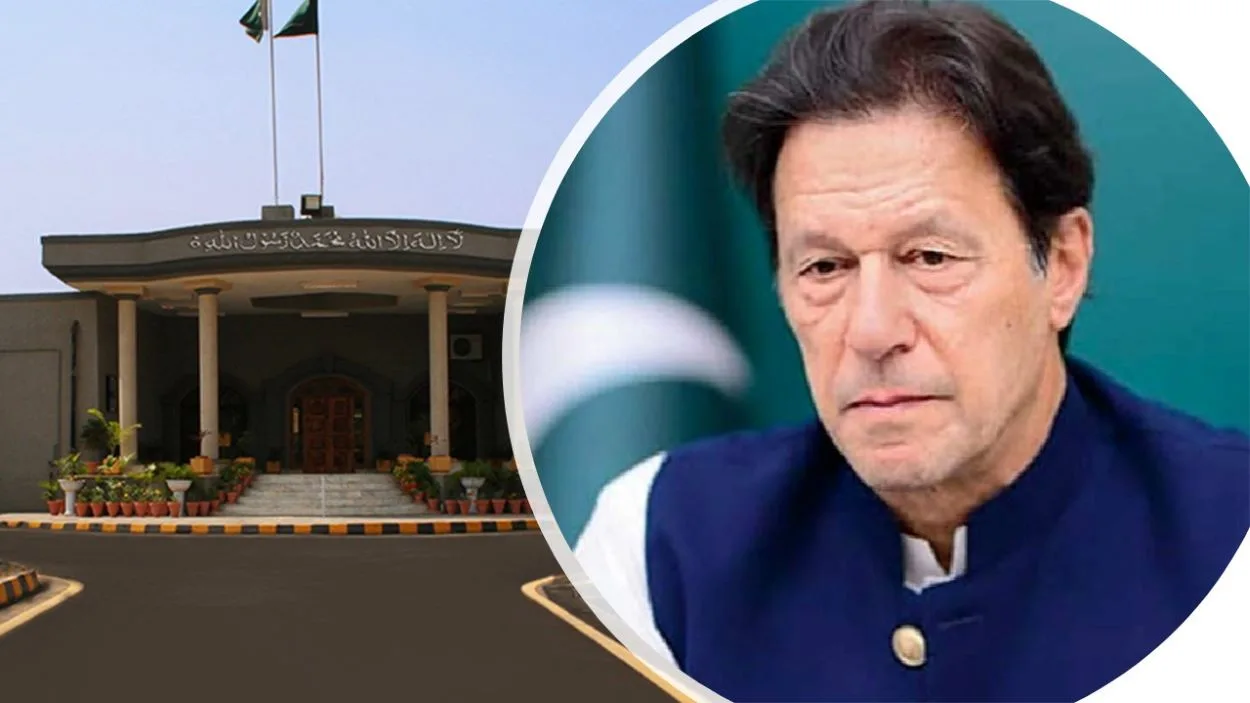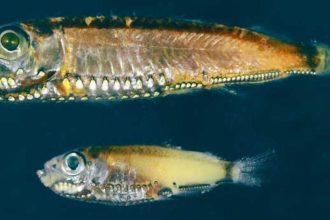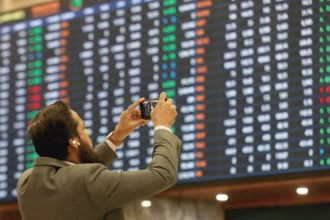All Pakistanis await with bated breath as the Islamabad High Court (IHC) is slated to deliver its judgment on Pakistan Tehreek-e-Insaf (PTI) Chairman Imran Khan’s plea. Khan’s plea challenges the prior conviction and the subsequent sentence he received concerning the Toshakhana case.
Earlier, a district and sessions court ruled against Khan, sentencing him to three years of imprisonment and levying a fine of 100,000. This ruling stemmed from his involvement in corrupt practices concerning the state’s gift repository.
Following this judgment, Khan, who once served as the prime minister, has been disqualified from holding public offices. The aftermath of the trial court’s decision saw Khan being detained in Attock jail.
However, challenging the status quo, Khan appealed to the IHC, asserting that the decision that prevents him from participating in the upcoming elections should be suspended and that he should be released.
The bench of the IHC, led by Chief Justice Aamer Farooq and accompanied by Justice Tariq Mehmood Jahangiri, wrapped up the proceedings, and a decision is expected to be made public.
Arguments on both sides of the aisle were presented. While Khan’s legal counsel, Sardar Latif Khan Khosa, highlighted the potential flaws in the conviction, the Election Commission of Pakistan (ECP) representative negated these concerns. Khan’s defence holds the ECP’s complaint to be baseless. However, the electoral body’s representative differs.
Details of Toshakhana:
For the uninitiated, Toshakhana is a Persian term which translates to “treasure house”. Established in 1974, this department, governed by the Cabinet Division, is the storage for invaluable gifts. Foreign counterparts present these gifts, a symbol of diplomatic goodwill, to Pakistani politicians, officials, and bureaucrats. The repository boasts items ranging from armoured vehicles and exquisite art to intricate jewellery.
The regulations guiding Toshakhana offer leniency, allowing officials to retain low-cost gifts while paying a significantly reduced fee for high-valued items.
The Toshakhana Case
Toshakhana’s operations were scrutinised when allegations surfaced that Khan had exploited his position as prime minister. The accusations hint at Khan procuring these diplomatic gifts at substantially reduced rates and then selling them for considerable profits in the market.
Detailed investigations unveiled gifts worth over Rs140 million ($635,000) associated with Khan. Among these gifts were luxurious watches from an unidentified royal family, with suspicions that they were later sold in Dubai. The matter escalated when the National Assembly’s Speaker, Raja Pervez Ashraf, beckoned the Election Commission to delve deeper.
The unfolded timeline subsequently sees the ECP disqualifying Khan for misleading statements regarding these gifts. Several legal proceedings followed, with Khan’s legal team alleging bias against the presiding judge. Throughout these legal battles, the central issue revolved around the alleged misrepresentation of assets and the misuse of state gifts.






